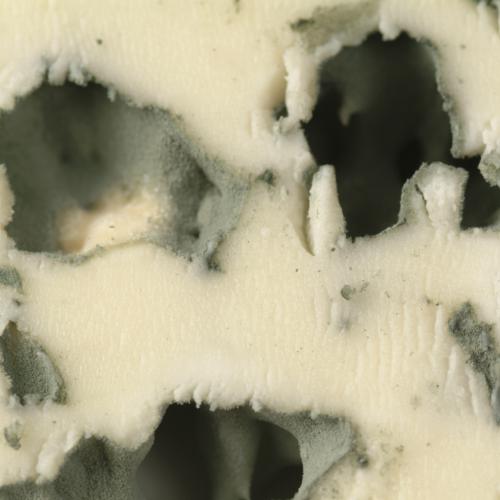Ressources dossier
Food, Global HealthAre fermented foods good for you?
Published on 14 February 2023

Micalis is a joint research unit associating INRAE and AgroParisTech and is part of the Paris-Saclay University. It carries out innovative research in the field of microbiology of food for health.
Is it fair to say that fermented foods are good for health?

Marie-Christine Champomier-Vergès: It is difficult to say that fermented foods are healthier than other foods because the consumption of these foods is part of an overall diet that is difficult to break down. What is certain is that their specific characteristics –the fact that they contain living microorganisms, that these microorganisms have been able to transform food matrices and produce new metabolites– must be taken into account in order to be able to recommend, in a substantiated manner, their consumption as part of a diet. As is the case for protein and fat, should recommendations also be made for the intake of microorganisms and fermented foods? These are questions that are currently being considered in both the United States and Europe.
What are the avenues of research on this subject?
M-C C-V: The question is what these foods provide that is different from other food categories and how this is good for our health. These are areas of research that are currently being explored in a systematic way. The Ferments of the Future Grand Challenge, financed by the French government as part of the health acceleration strategy to the tune of 48 million euros, outlines the main lines of investigation and research: to understand how microorganisms can transform any food matrix, including foods that have never been fermented before, to understand how the fermentation and manufacturing processes for fermented foods condition the capacities of these microorganisms, and to understand how these microorganisms and the compounds they produce interact with our digestive microbiota. It is through the building of this vast knowledge that the most effective innovations can be developed to better construct fermented foods that meet our health needs.
DOMINO - A European project to study the health effect of fermented foods
> 20 European partners in 10 countries have come together in the DOMINO project coordinated by Micalis to study the hypothetical health effect of fermented foods.
> One of the project’s areas of research consists in crossing data on food microorganisms and the intestinal microbiota with data on the human physiology of the host.
> The goal: to identify the biological phenomena which can prove the health effect of fermented foods.

This research and innovation project, launched within the framework of Horizon Europe, aims to understand the role and value of the diversity of fermented food microbiota for healthy and sustainable food systems.
-
Elodie Regnier
(Send email)
Author / Translated by Inge Laino
-
Marie-Christine Champomier-Vergès
Research Director
Micalis, Jouy-en-Josas
